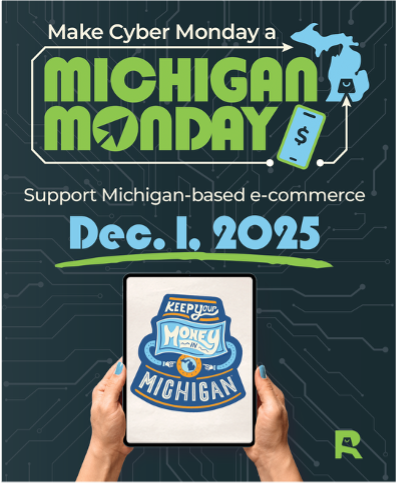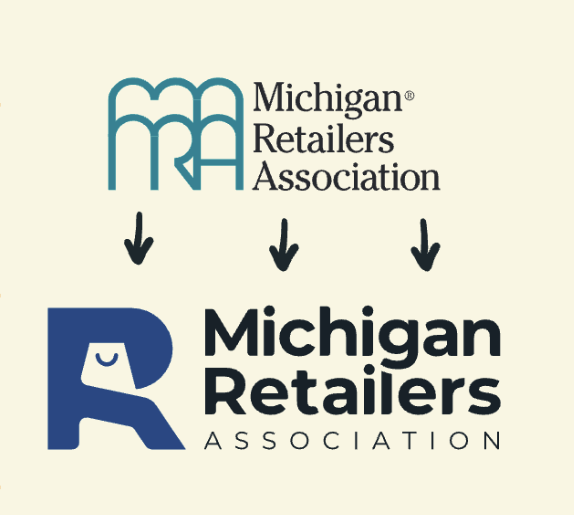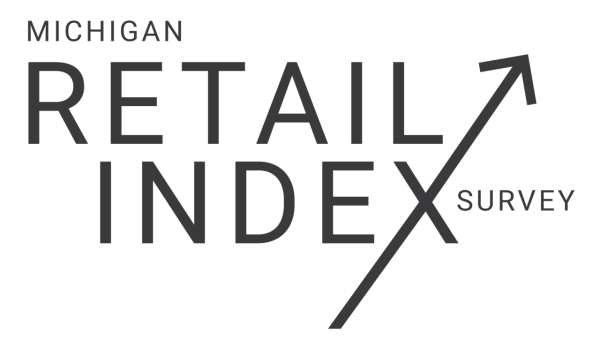By JOHN MAYLEBEN
Recently a story crossed my news feed that caused me to pause and think about how merchant processing for retailers is evolving. It made me wonder, “Are merchants ready for this?”
The story was about a restaurant in New Jersey that took a “to go” order for curbside pickup from a person that paid with a credit card. In this time of COVID-19, that’s nothing unusual. So far…
Shortly after that, someone from Oregon called and advised the restaurant that they had just seen a transaction alert on his phone and wanted the restaurant to know that it wasn’t a legitimate transaction. The business owner called the police and they were in position to respond to the restaurant before the order was picked up. When the bad guy arrived to get his food order, he (and his two accomplices) were arrested on charges of credit card fraud.
What would happen in your store, today, if you were that merchant? Would the sales clerk that answered the phone understand the importance of the call? Would they know how to communicate it to you or a manager (if you weren’t available)? How would you handle that “customer” if they came in to pick up the order?
In today’s world of text message alerts from your credit card company, you may want to develop a plan and share that with your employees. In this business’ case, they were lucky that the cardholder understood the value of going the extra mile for someone he didn’t know,
I am reminded of a conversation I had several years ago with a jewelry store owner. There had been a rash of jewelry store robberies in the mid-Michigan area and everyone was a little edgy about possibly being the next victim. The store employees used a code word – let’s say ice cream – that wouldn’t ever get a bad guy’s attention but would alert all of the staff to a possible situation. They would ask, in a stage whisper kind of voice if anyone knew if there was still ice cream in the break room fridge.
The store employees were also trained to use the phrase if a colleague happened to call during a robbery or suspicious activity, along the lines of, “Oh by the way, there’s ice cream in the break room fridge.” That was a signal to the inbound caller to call the police and ask for a welfare check.
During another conversation with a retailer in the Upper Peninsula, we were calling him due a suspicious transaction on his merchant account the day before, we talked about how his employees might have some additional training to understand the process to properly handle a large phone order that needed to be rushed to the post office. The day before, he had taken a day off and during his absence a phone order was placed for a large amount. This was something that didn’t usually happen in his business model. The employees, wanting to show how productive they were, packaged the product and rushed to the post office for shipping.
The employees were trained to make sales at all costs, not to think like an owner and question the validity of unusual orders. Even though the order was completely out of the norm for that business, they went ahead and made the sale. While their intent was good, the end result was a chargeback and the loss of $1500 worth of merchandise.
As a business owner you have developed practices and procedures to protect your business from fraud. In today’s new normal, make sure that you review and adjust those practices and procedures accordingly.
As always, if you have questions about this or anything else related to merchant processing, our customer service team members are ready to answer them. Please call us at 800-563-5981 option 2. We have implemented our pandemic disaster plan and are fully staffed, working remotely, as needed, to help you with these issues.
John Mayleben, one of the nation’s first Certified Payments Professionals designated by the Electronic Transaction Association, is an MRA consultant and national expert on payment processing.






